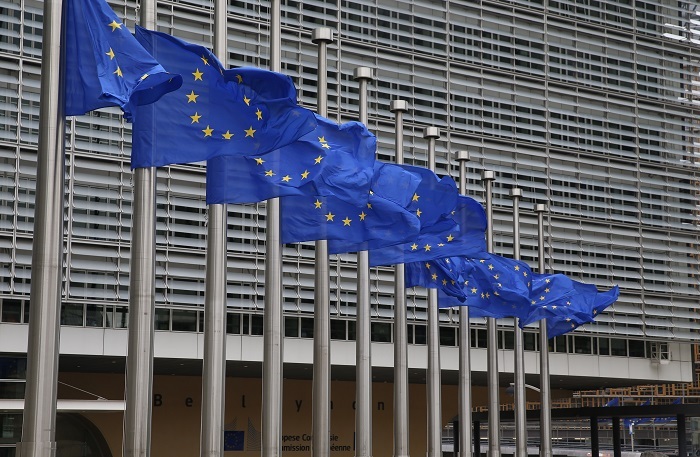European Union adopts Western Balkan enlargement strategy
Published : 07 Feb 2018, 07:38
The European Union (EU) enlargement plans took on concrete form Tuesday as the European Commission leaders unveiled a new strategy for the Western Balkans at the European Parliament plenary session here.
EU foreign affairs chief Federica Mogherini presented the new "EU-Western Balkans Strategy: a credible enlargement perspective" at the European Parliament, a move anticipated since European Commission President Jean-Claude Juncker had called for such a policy in his September 2017 State of the Union speech in Brussels.
Mogherini told the press on Tuesday that the new strategy sent a clear message that "we share a common future," with those of the Western Balkans, and that the new strategy gave a "clear path...to finally join the European Union."
"Our message is: let us make it happen, we are together in this. It requires consistency, courage, determination -- we are there for that. And let us bring the Western Balkans inside the European Union not in a faraway future, but in our generation, with consistent work to be continued."
The new strategy sets out six initiatives to support transformation in the Western Balkans, including support for strengthening of security and migration issues, support for transport and energy connectivity, support for socio-economic development, for legal reform, for improved access to digital media, and improved neighborly relations.
The announcement was timed with the visit to the European Parliament of Andrej Plenkovic, Prime Minister of Croatia, the youngest member of the Union.
Addressing Members of European Parliament (MEPs) on Tuesday morning regarding the future of Europe, Plenkovic stressed the reasons for Croatia's accession to the EU, and said "Our path needs to lead forwards, not backwards."
During the same session, Juncker said, "We must stretch out a hand to our partners in the Western Balkans and help them to tread that difficult path," while insisting that no one would join the EU without meeting all standards.
A controversial date of 2025 for accession of Western Balkan ones was also clarified, as some observers were concerned that the European Commission wanted enlargement at any cost. Juncker and Mogherini both clarified that 2025 was an "indicative date," meant to encourage and drive Balkan partners to reform.
The European Commission officials also indicated that all border disputes or other significant disagreements between neighbors would need to be resolved before accession.


